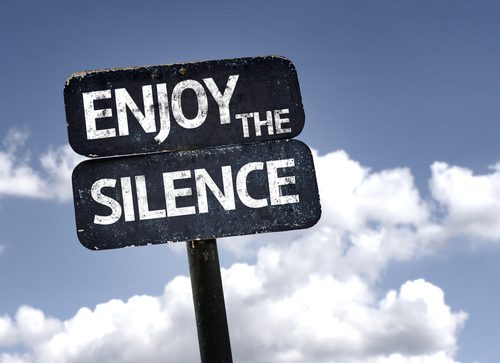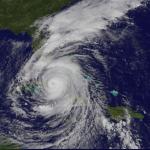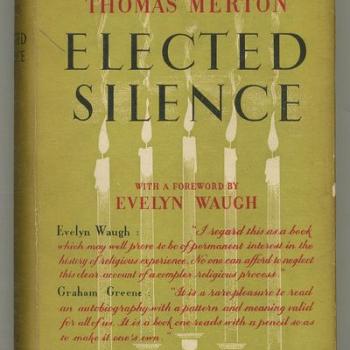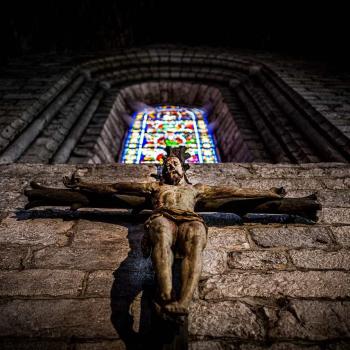This is a follow-up to my blog post from earlier this week, called Waiting for the Storm.
It’s Wednesday afternoon, and I’m sitting in the basement of the Columbia Seminary Library. I’m here because, well, we still have no power at home. We lost electricity shortly after 2 PM on Monday, along with about 50% of the residents of our county, DeKalb County — which, as it turns out, was the hardest hit county in the area when Tropical Storm (formerly Hurricane) Irma blew through metro Atlanta on Monday.

On Sunday, I wrote about the contemplative dimensions of waiting — even waiting for something to happen that we don’t particularly want to happen. “Waiting” is such an important element of contemplative prayer and practice, that it seems even when we wait for the unpleasant things in life, there’s a contemplative dimension to it — or there can be, if we have eyes to see.
Now I’m humbled, for the storm has passed but we are left without power. So many people, especially in Florida and the Caribbean, fared so much worse than we did, their property undergoing massive damage and flooding, and of course some people even losing their lives.
Right now I should simply be grateful that my wife and I, along with all our friends and family, are all safe and sound. But to be perfectly honest, I’m actually just rather grumpy, because we’re into our third day without electricity and I’m unhappy about it.
A perky voice inside me says, “Oh, look! Another opportunity to wait — let’s wait for Georgia Power to restore the service to our neighborhood! After all, waiting is what contemplatives do best… right?”
My response to that perky voice: “Aw, shut up!”
If waiting is a key element of contemplative practice, another element — just as important, if not more so — is humility. Humility it what reminds us just how tiny and puny we are when faced with the awesome power of a Category 5 Hurricane — or even a Tropical Storm. And humility has a pesky way of showing up in our lives when we find it really hard to take our own best advice.
Sure, contemplative practice is all about learning how to wait, so that makes it easy to be patient while the electricians do their work methodically and safely so that everyone gets power as soon as possible. Right?
When I realize I’d rather be grumpy than wise about something like this, I stare in the mirror and humility stares back.
Contemplation really is a long exercise in humility. Not only when something as dramatic as a tropical storm (let alone a multi-day power outage) occurs. But contemplative also teaches us humility in the normal day-in-day-out round of seeking to be still and know the presence of God.
Because guess what? No matter how “advanced” or “experienced” we may be at the practice of silent prayer, we continue to bump into what Kenneth Leech called “the waste of our own being.” We think distracted thoughts. We get fidgety and forget that we are trying to be silent before God to begin with. Ano then we remember (sometimes not until the chime rings, signifying the end of our prayer time), and we realize that once again, we have squandered another opportunity to be silent in God’s presence.
Does that make us bad contemplatives? No, but hopefully it helps to make us humble ones.
Enjoy reading this blog?
Click here to become a patron.
Stay in touch! Connect with Carl McColman on Facebook:














